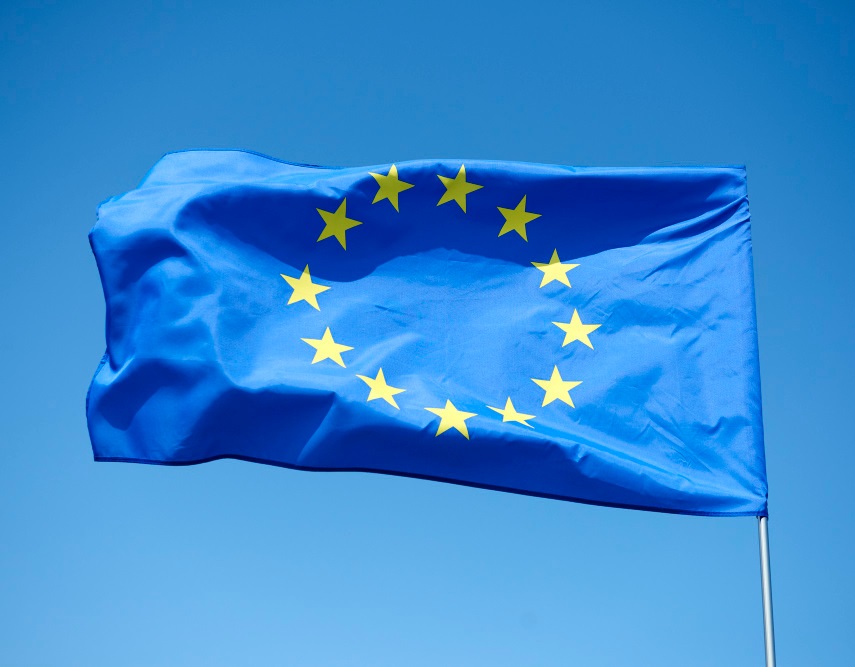EU Reaches Agreement to Reform Asylum & Migration Policy
KEY TAKEAWAYS
- MEPs have reached an agreement to reform the asylum and migration laws.
- The deal includes five key regulations that establish the share of asylum and migration flows among Member States.
- Member States will have the option to either relocate asylum seekers or provide financial assistance.
Members of the European Parliament (MEPs) and national governments have reached an agreement to overhaul the European Union’s asylum and migration laws.
The deal includes five regulations that outline how the management of asylum and migration flows will be shared among the EU Member States.
The rules also regulate how to deal with individuals arriving at the bloc’s external borders, the processing of asylum applications, and identification of those arriving.
The five key proposals of the Migration and Asylum Pact are as follows:
- Screening Regulation
- Eurodac Regulation
- Asylum Procedures Regulation
- Asylum Migration Management Regulation
- Crisis and Force Majeure Regulation
Expressing her satisfaction with the achievement, the European Parliament President Roberta Metsola said that they had delivered the most important legislative package of this mandate,
Europe will now get a robust legislative framework that is the same in all Member States. That functions and that protects, an approach that is humane and fair with those seeking protection, that is firm with those who are not eligible, and that is strong with those who exploit the most vulnerable.
EP Metsola
She further stressed that delivering this package before 2023 ends is a huge success for the constructive pro-European centre.
One main aspect of the new regulation is the int mandatory solidarity for EU Member States experiencing migratory pressure. The regulation will give the Member States the option to either relocate asylum seekers into their territory or provide financial contributions to the countries taking them in.
In addition, the regulation sets out criteria under which an EU Member State becomes responsible for examining international protection applications, replacing the existing Dublin rules.
To address the high number of arrivals, the crisis and force majeure regulation outlines a mechanism to ensure solidarity as well as support for Member States facing a high influx of third-country nationals.
The rules also include cases of migrants being instrumentalised by third countries in an attempt to destabilise the EU.
In addition to the above-mentioned, under the screening regulation, those who do not meet the EU entry rules will have to undergo a pre-entry screening procedure for up to seven days. The procedure includes identification, collection of biometric data, and health and security checks, with a focus on considering the needs of children.
Every EU Member State will have a monitoring system to safeguard fundamental rights.
Moreover, the asylum procedures regulation establishes a common EU-wide procedure for granting and withdrawing international protection, streamlining the process in order to ensure faster decisions.
Lastly, the reform of Eurodac is aimed at identifying individuals who arrive at EU territory more efficiently, adding facial images to fingerprints.
The agreement now needs to be formally adopted in order for it to become law.

